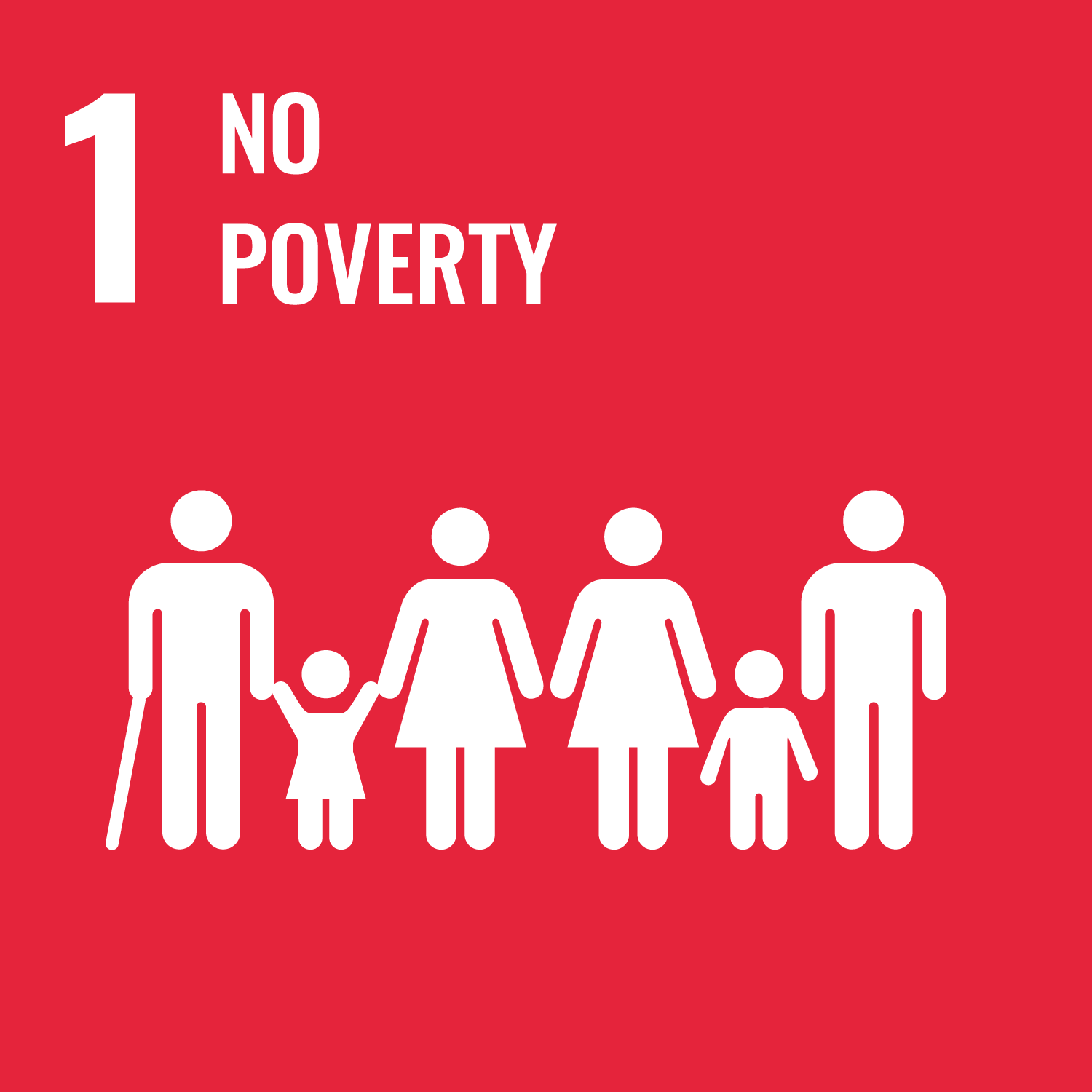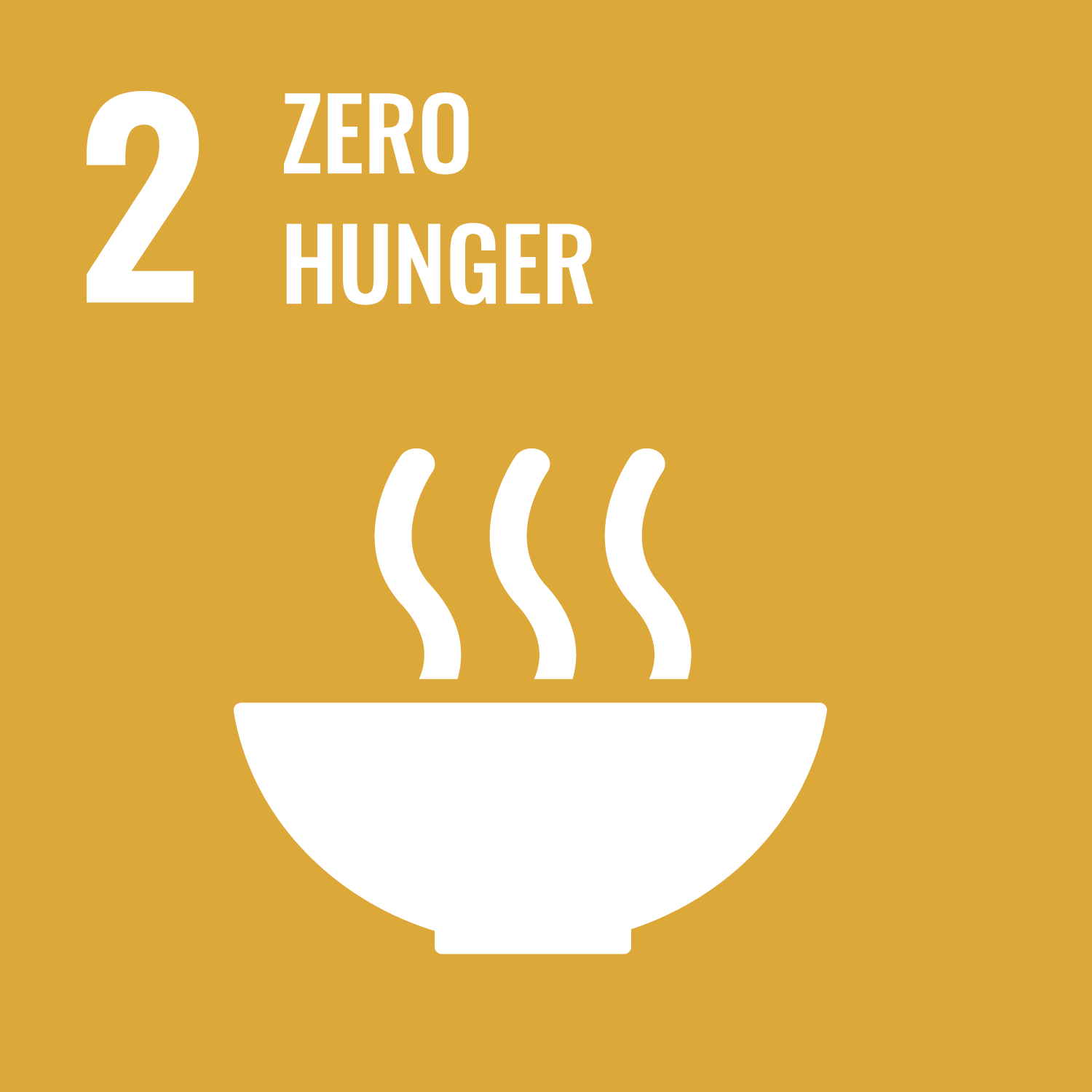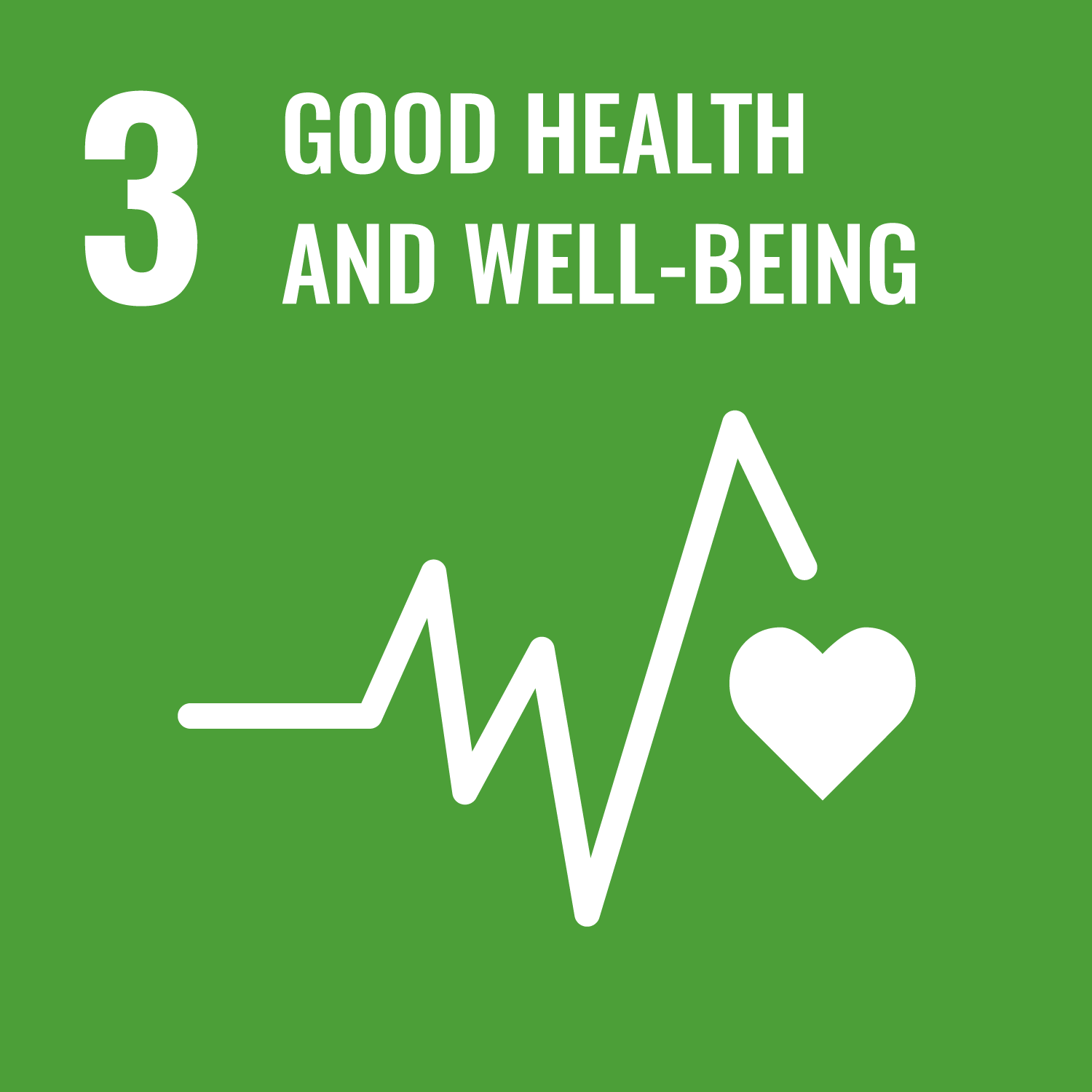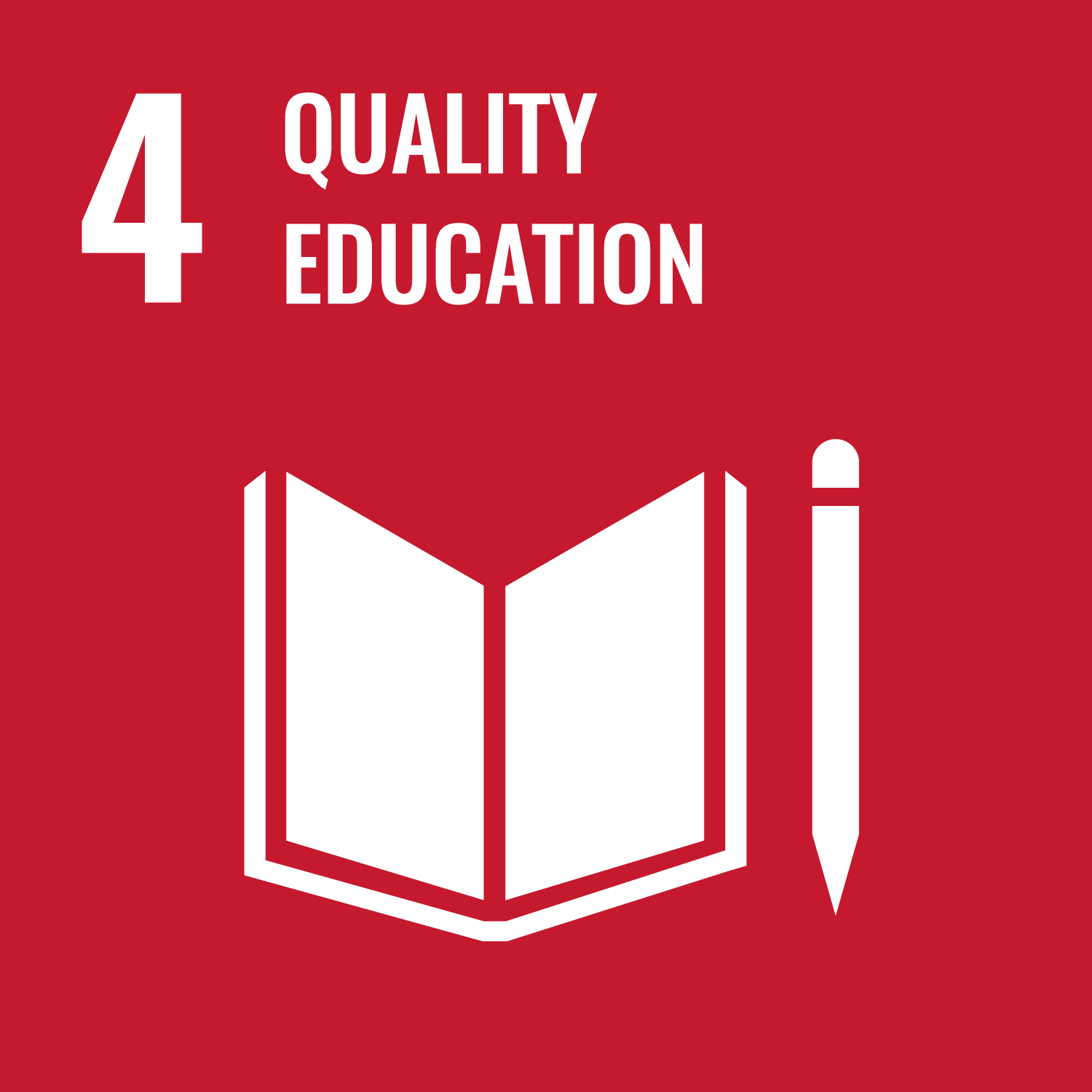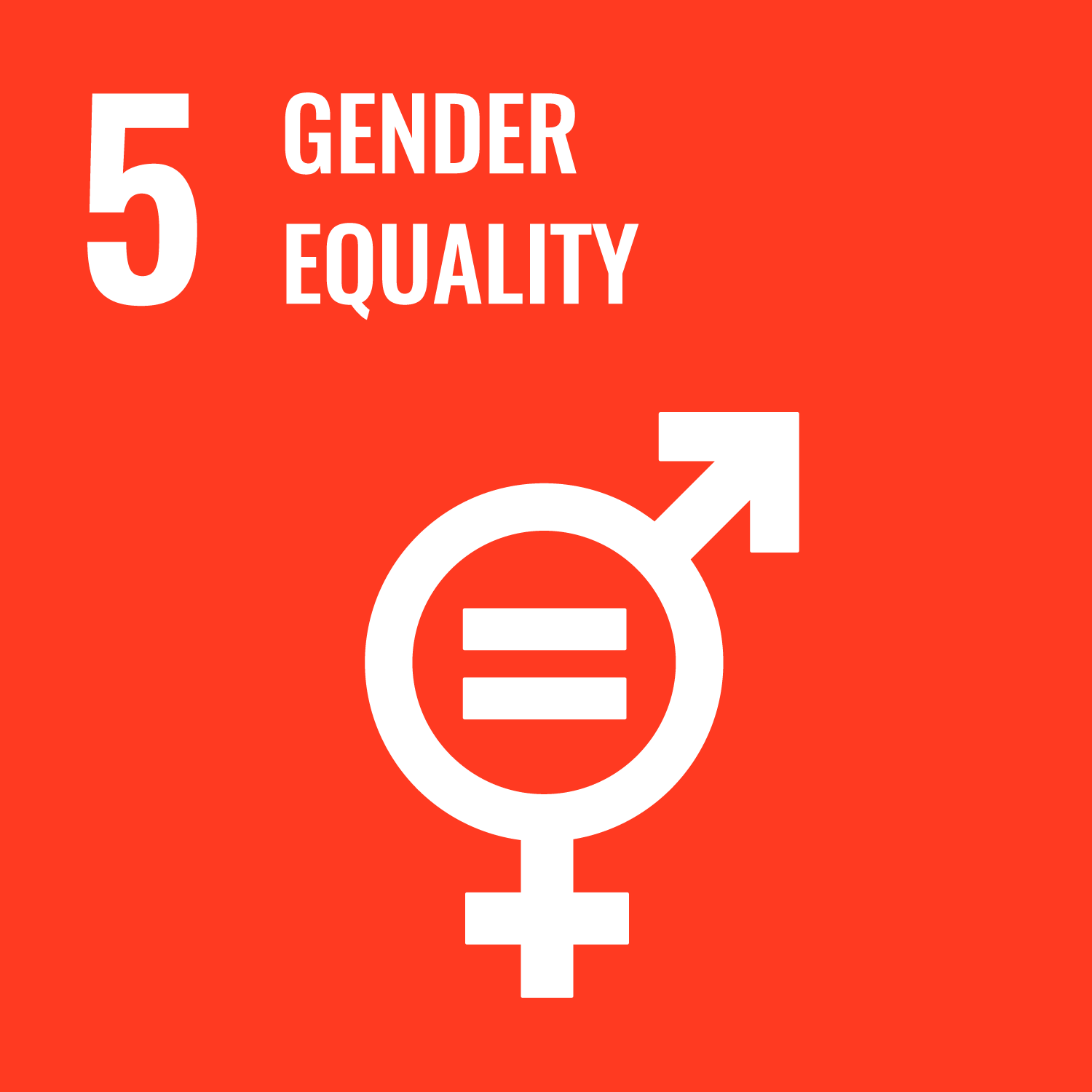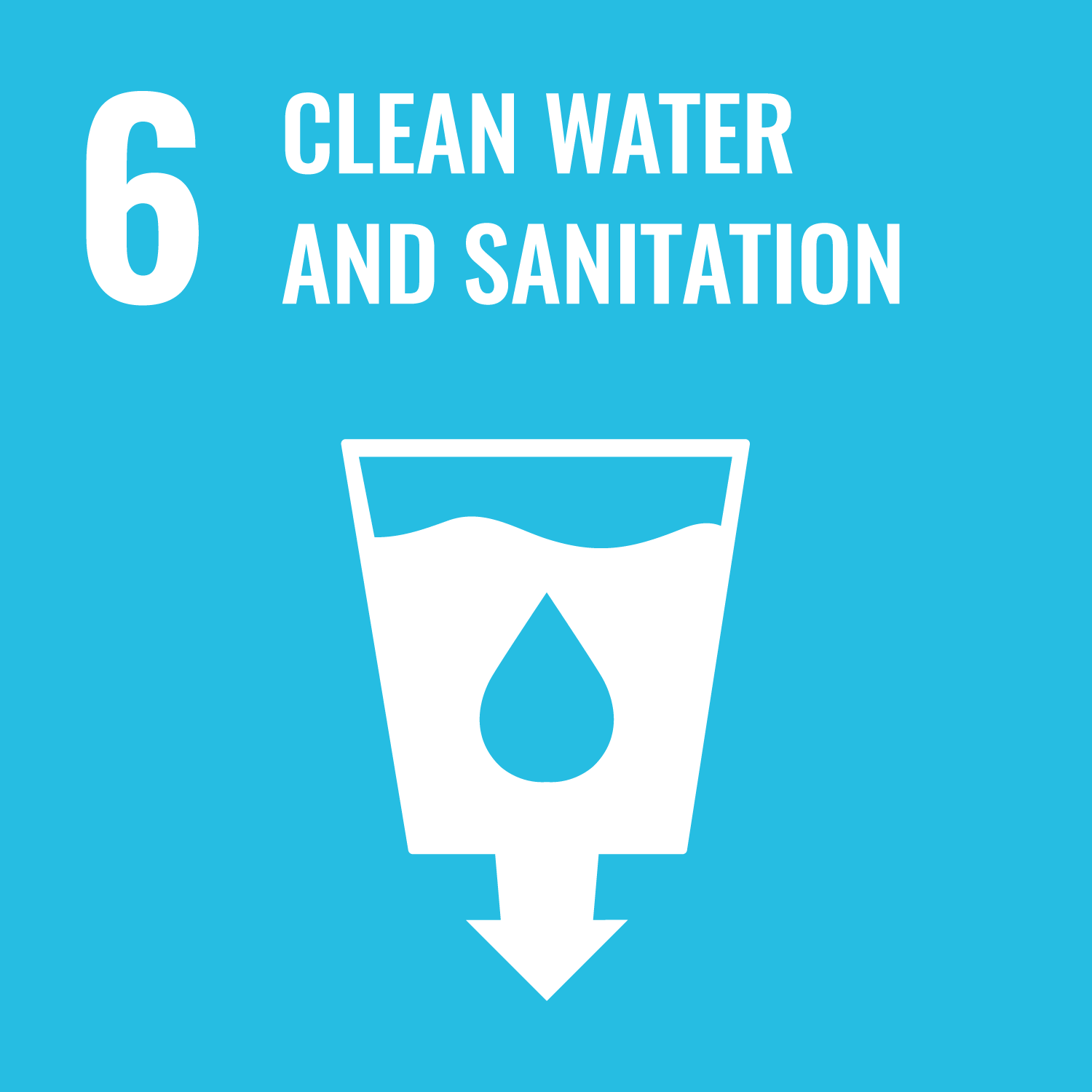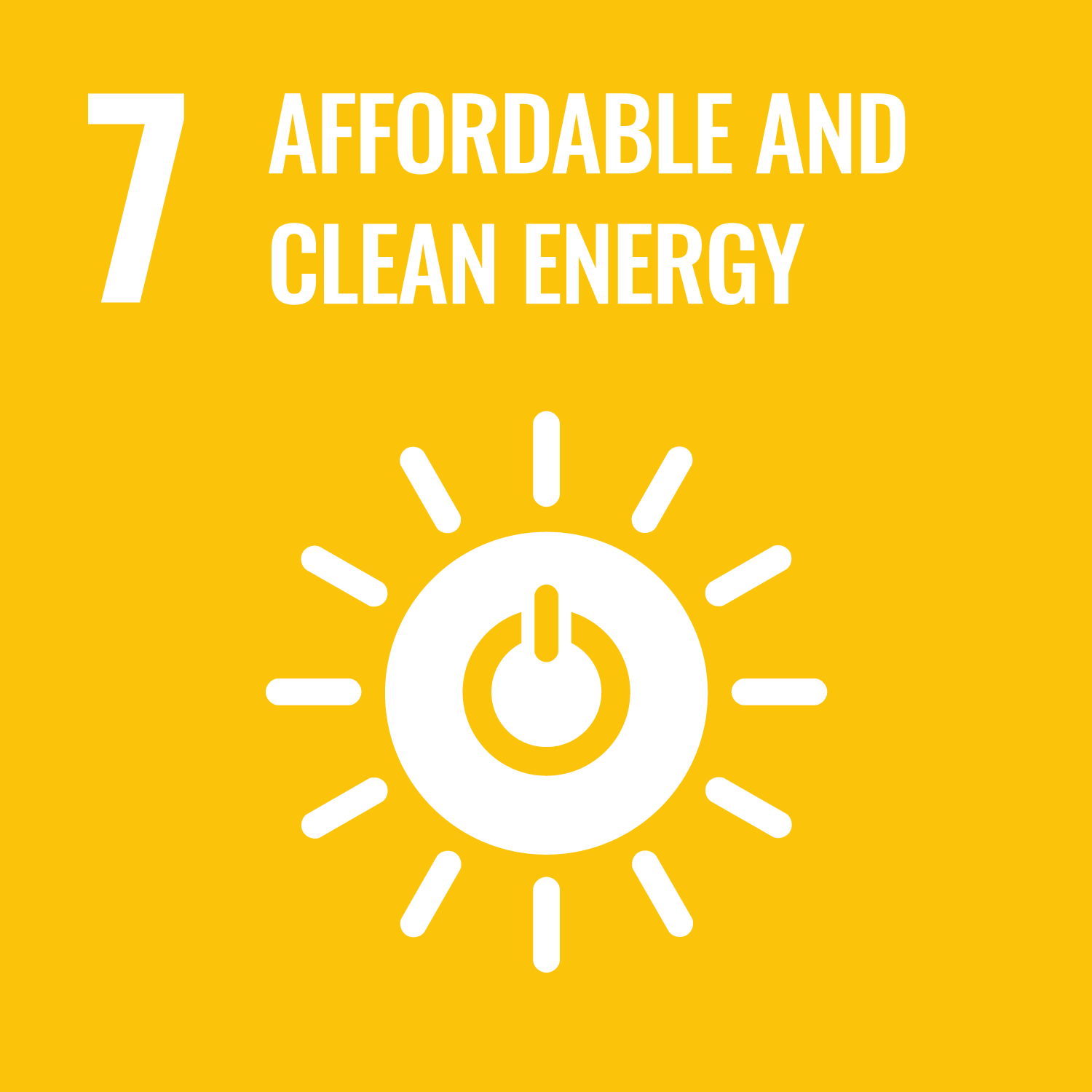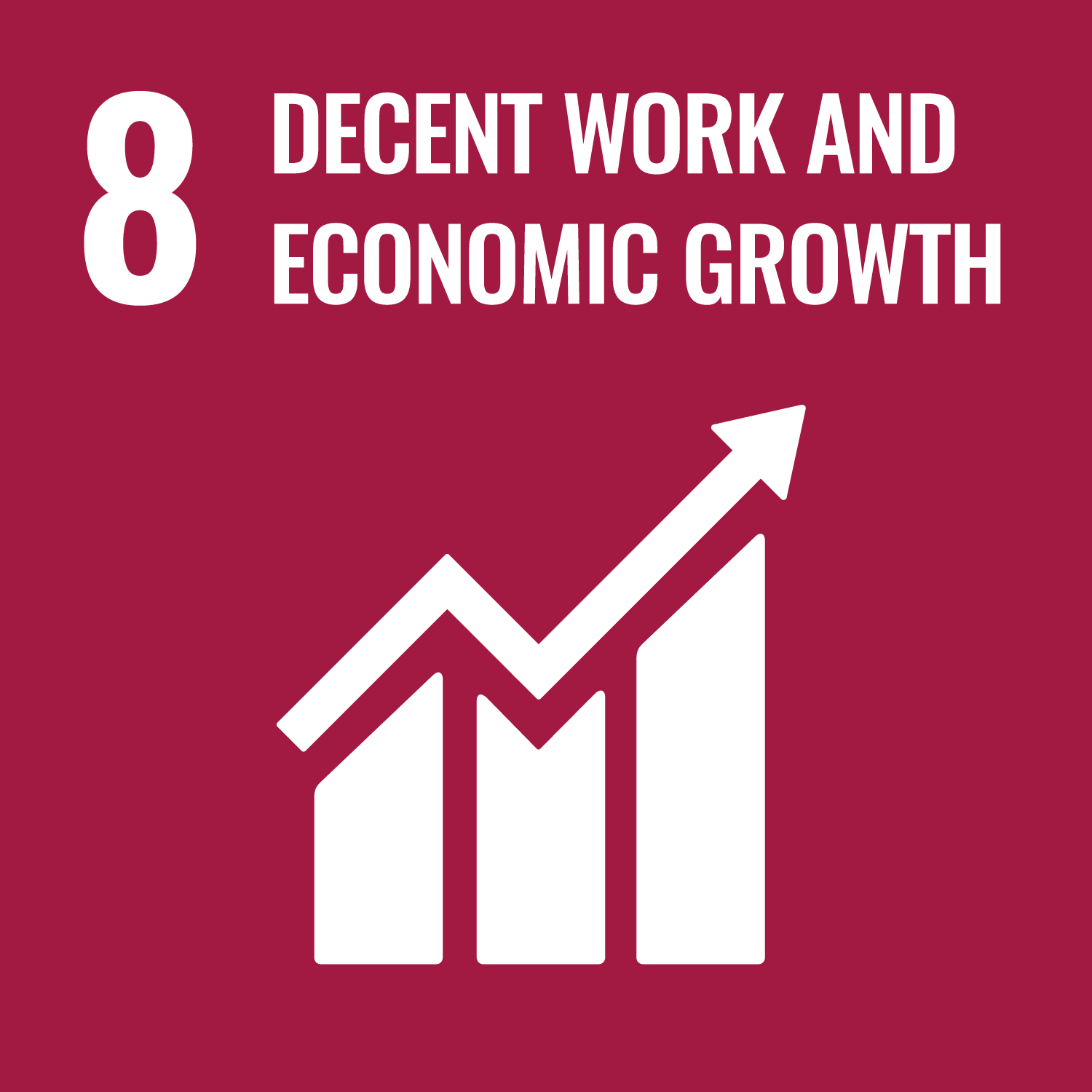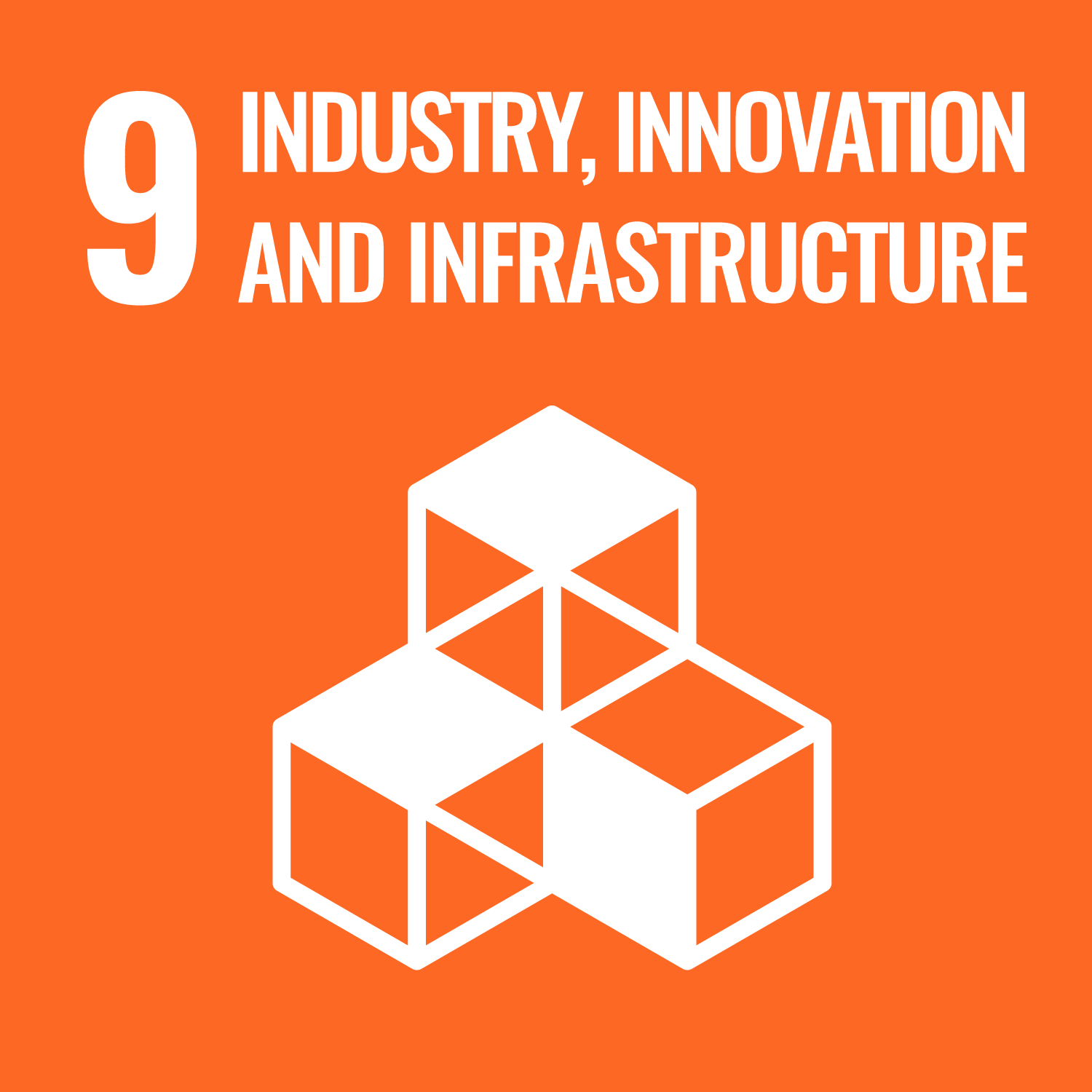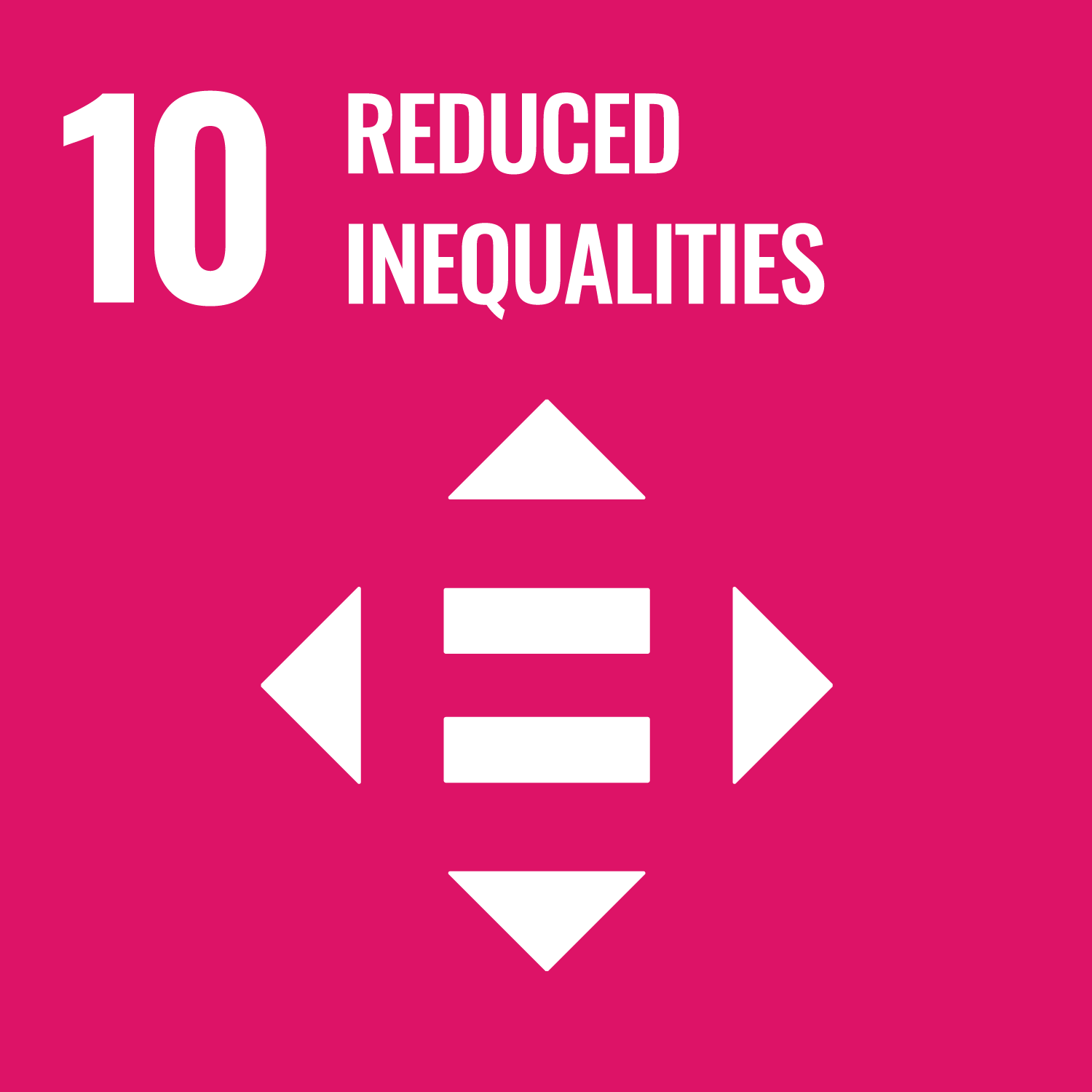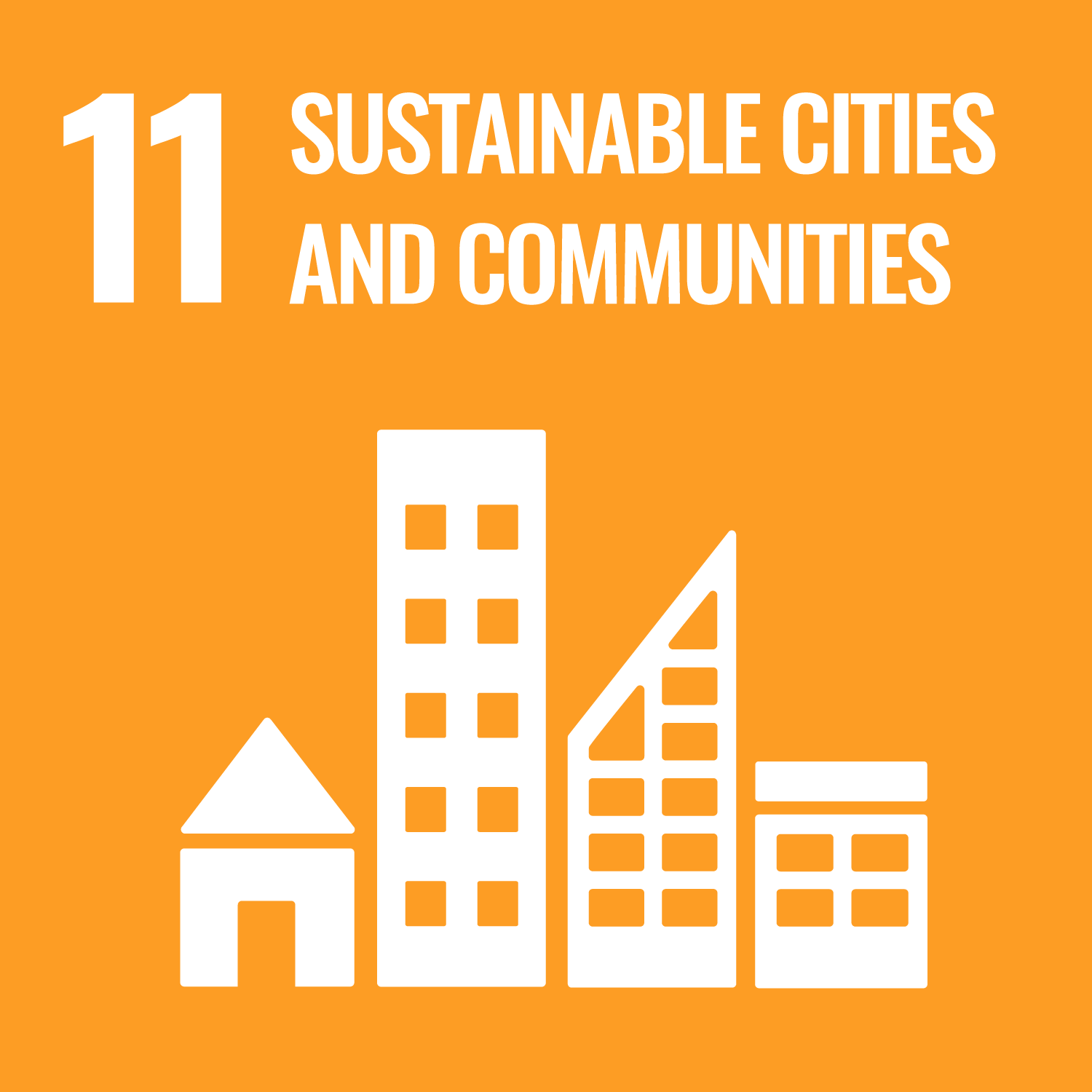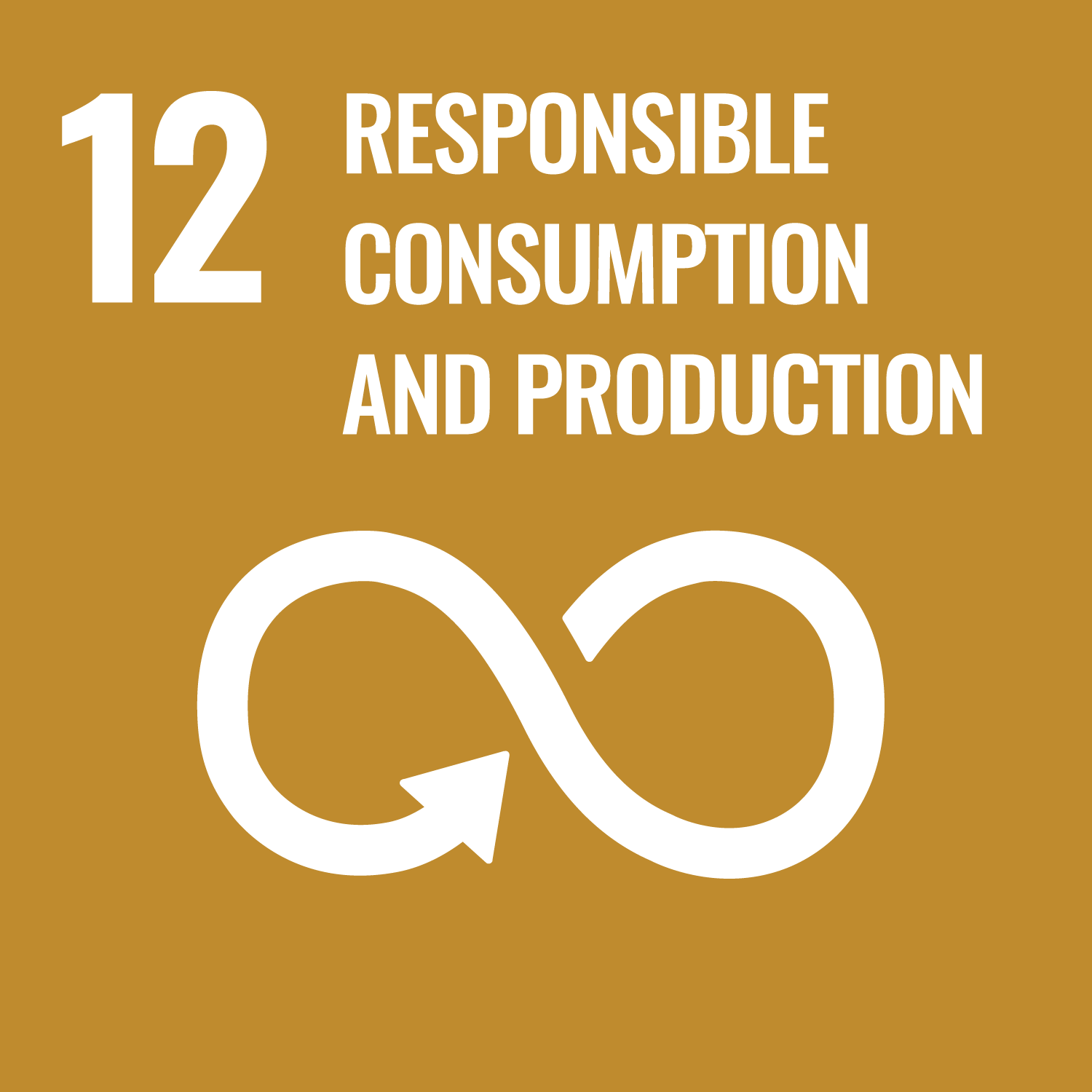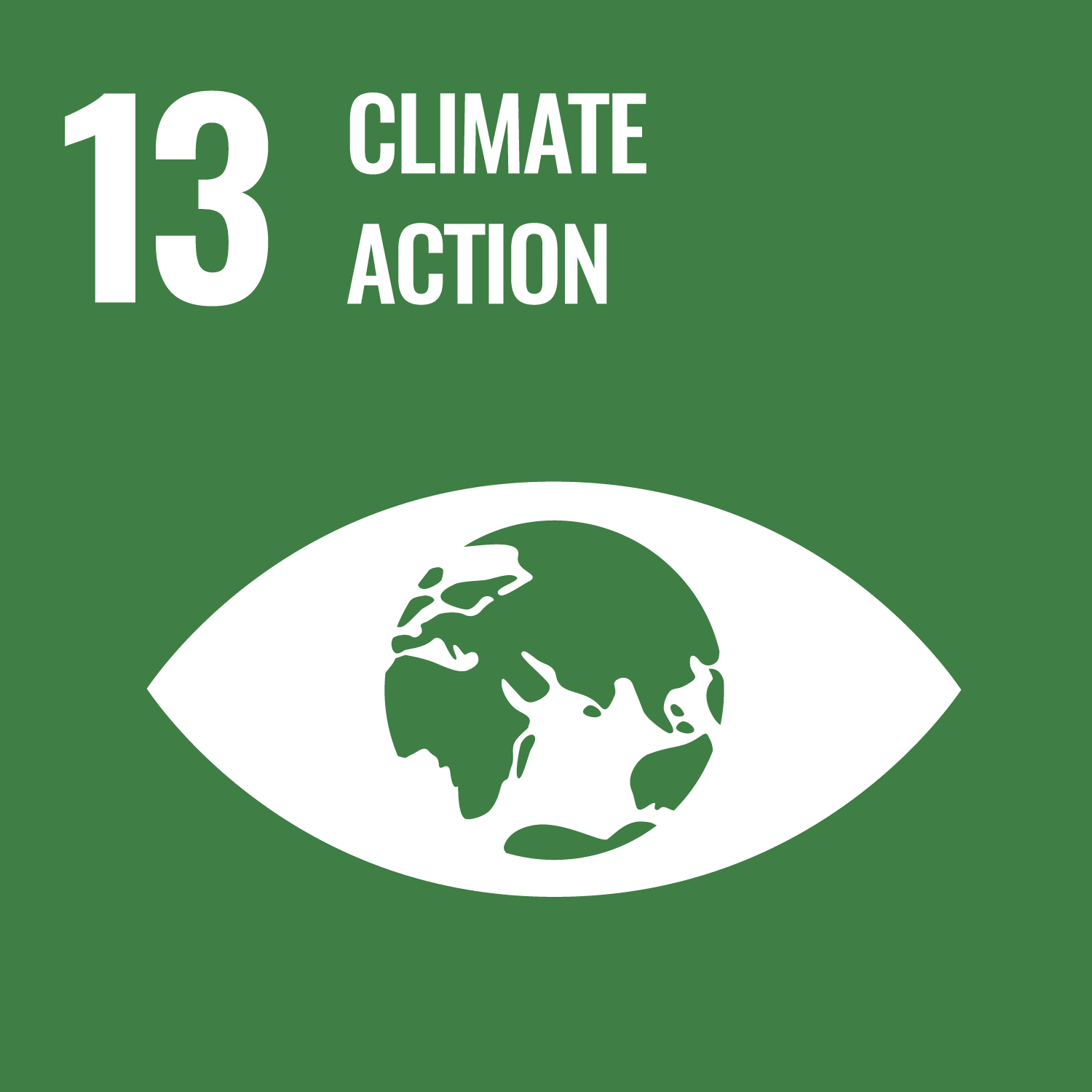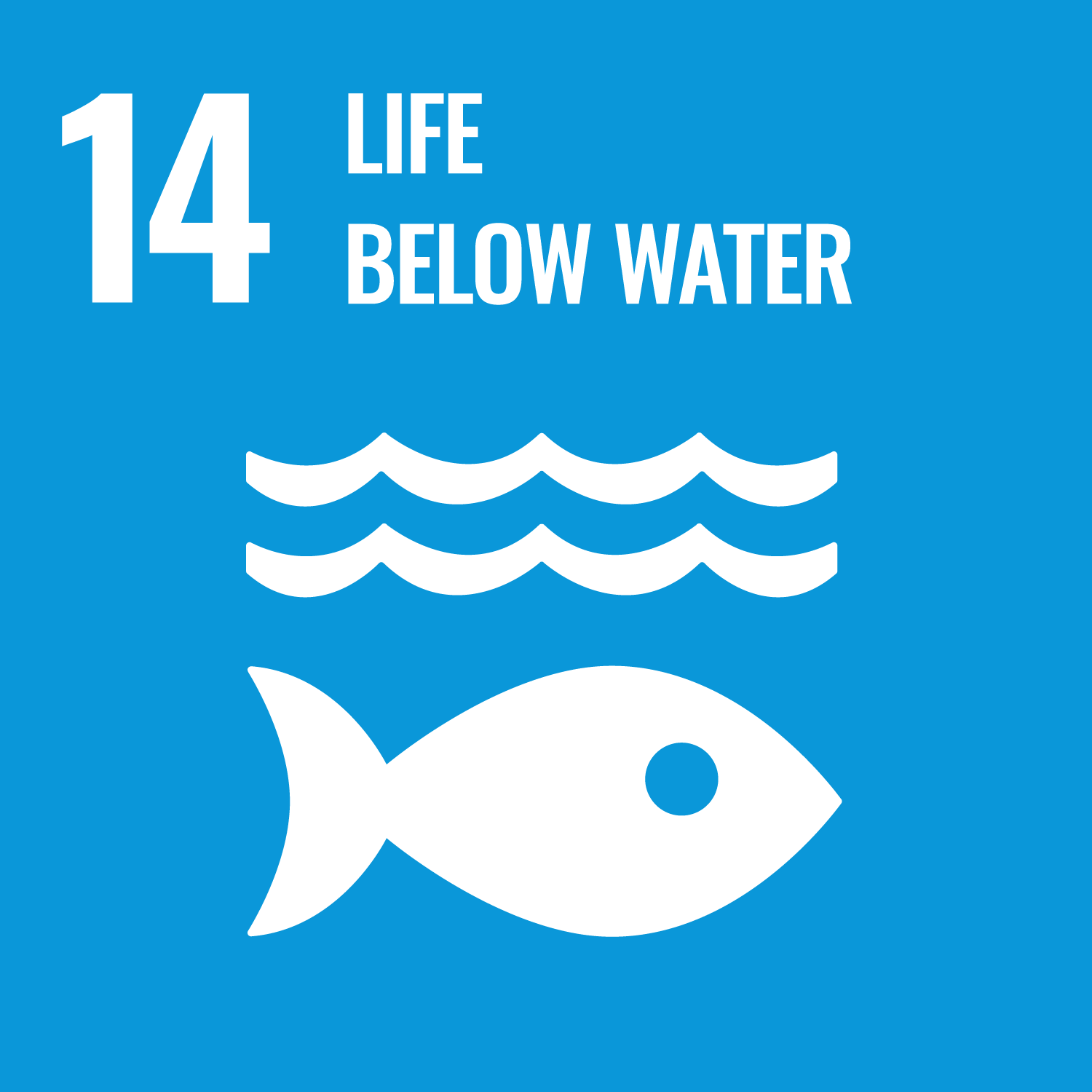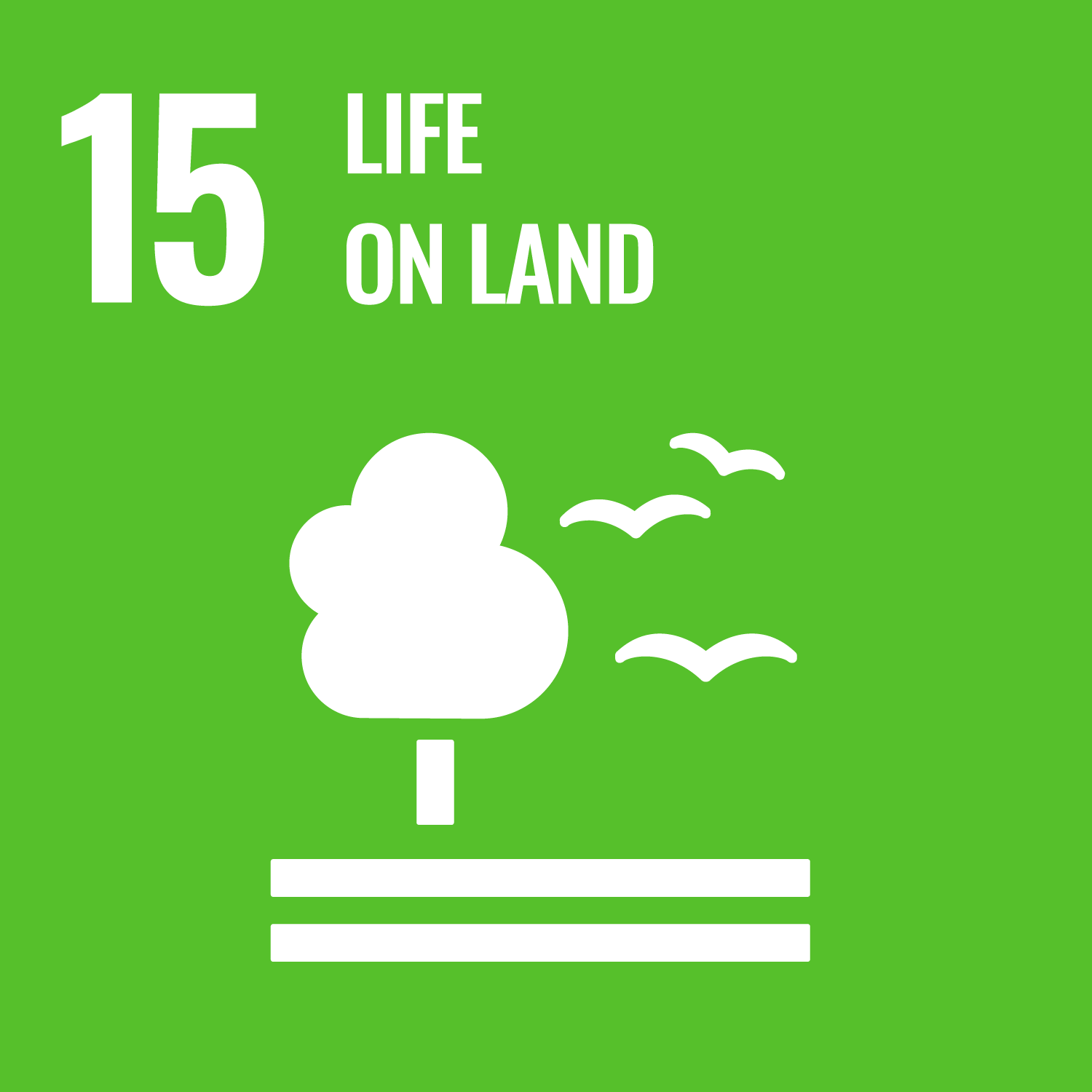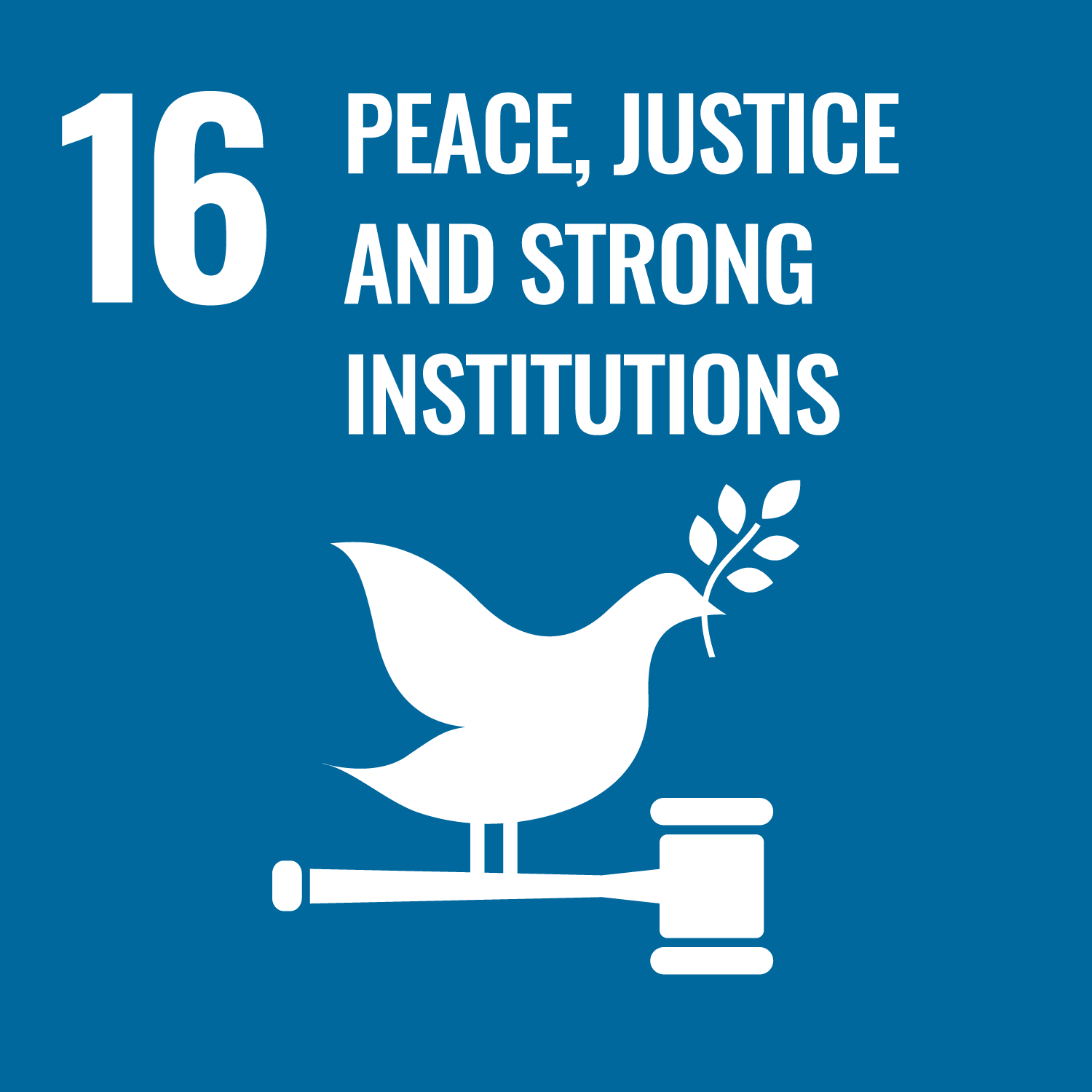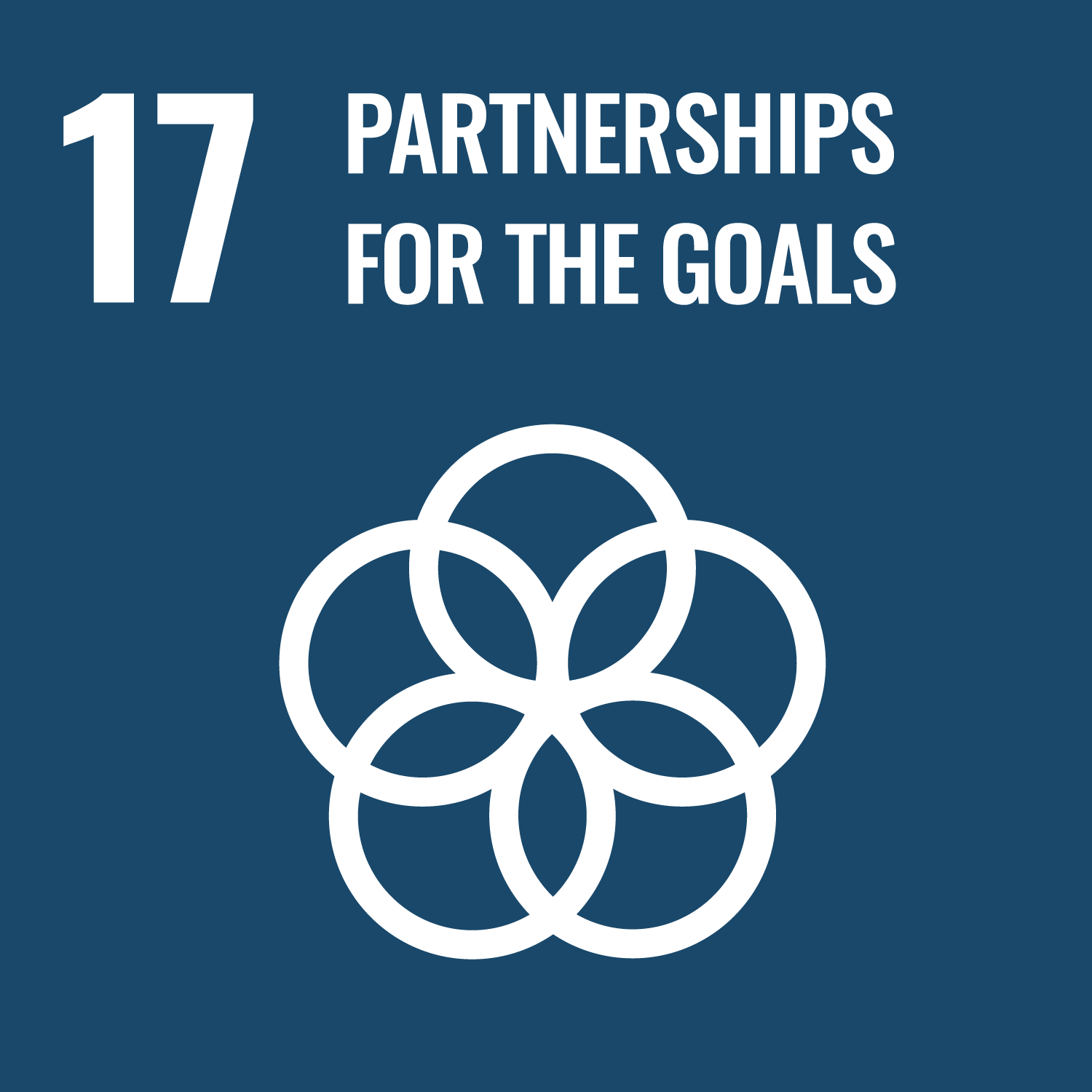SACRU collaborative research on Laudato Si’ in Action
Maria Manzon, Associate Professor
Faculty of Human Sciences, Department of Education
- Research
【Abstract】
Laudato Si’ in Higher Education
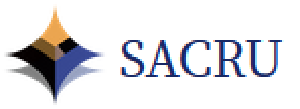
The Strategic Alliance of Catholic Research Universities (SACRU) is a network of universities dedicated to research and teaching excellence, engagement and global collaboration informed by Catholic social teaching. Sophia University is one of eight Catholic universities from across the world participating in SACRU.
The SACRU Working Group 2 (WG2) has been tasked with understanding how SACRU member universities have responded to the Pope Francis’ 2015 encyclical Laudato Si’: On Care For Our Common Home. Laudato Si’ (LS) describes the roots of our ecological crises, invites all people into a dialogue about how we are shaping our collective future, and calls for a renewal of humans’ relationship with nature through ecological conversion.
SACRU WG2 is conducting a survey as the first stage in its mission to promote Laudato Si’ principles in the heart of SACRU universities from the perspectives of research, teaching, service, and campus life.
【Future prospects】
This collaborative research will:
1) Create evidence on how LS is integrated in the campus life of SACRU members,
2) Strengthen the role of SACRU universities in research and public engagement thus promoting LS principles outside the university, and
3) Establish a dialogue with secular universities.

